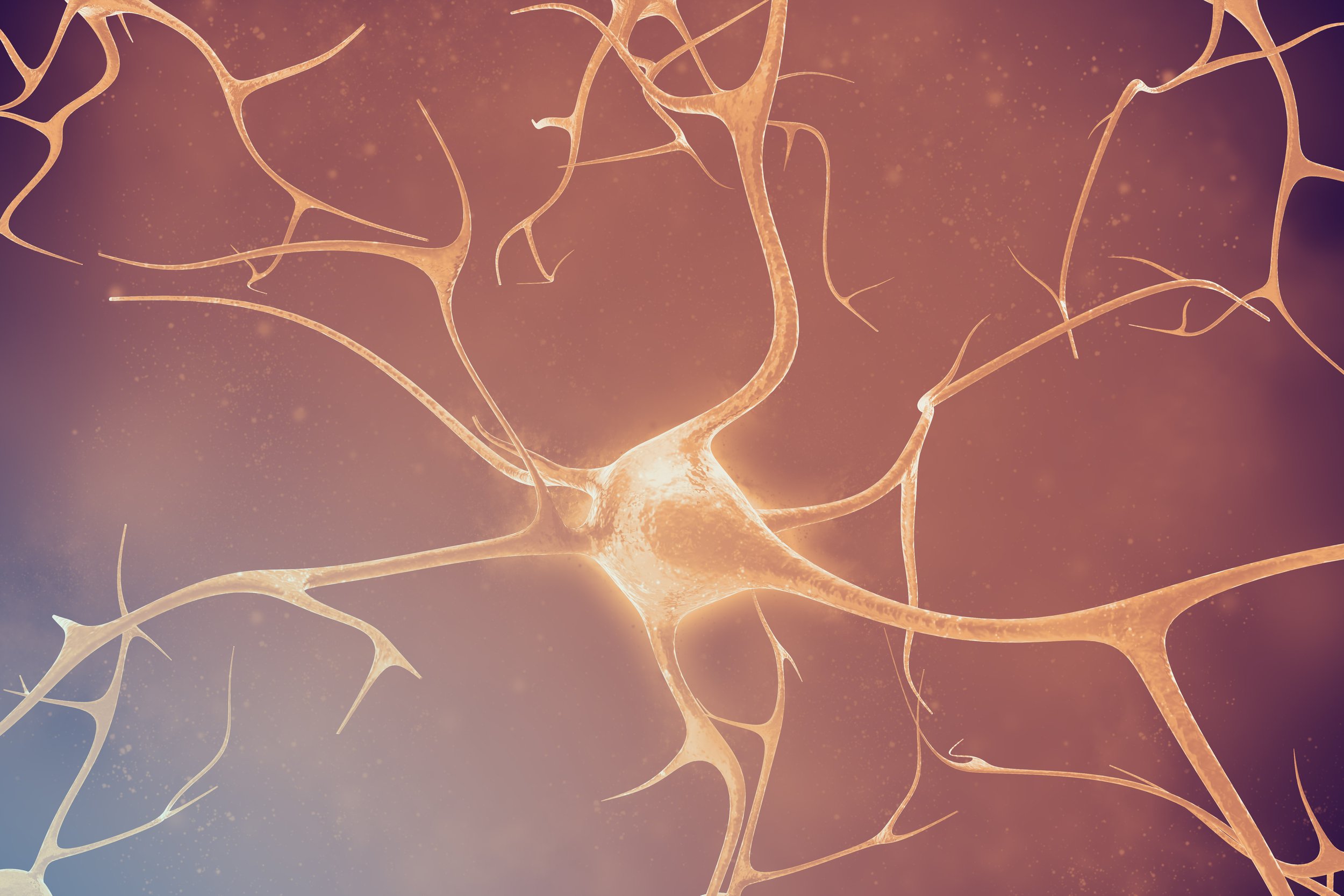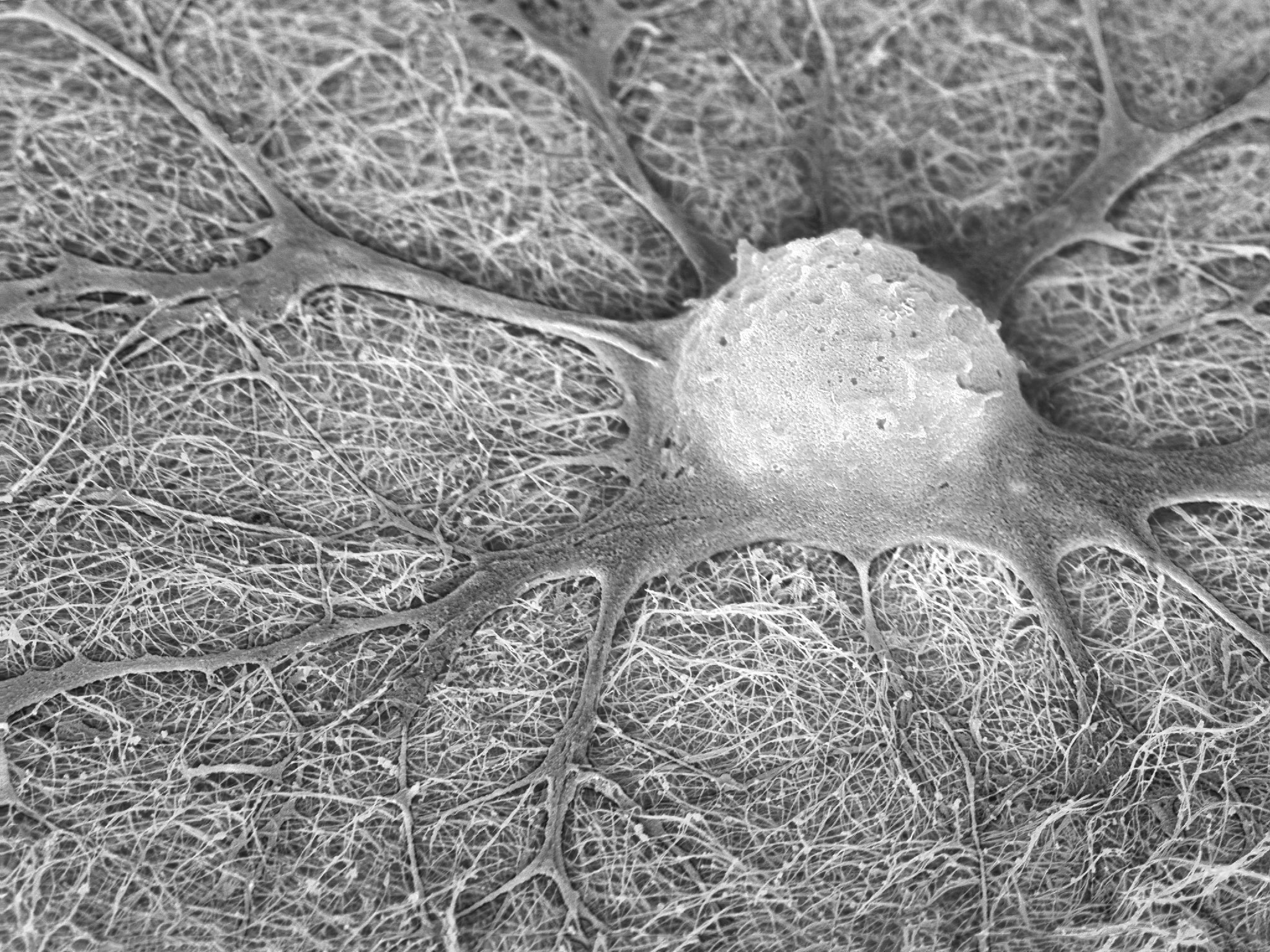ISSCR News

Stem cells provide a model to understand sensorineural hearing loss
Disabling hearing loss affects one in every ten people and up to 25% of people over 60, according to the World Health Organization. Sensorineural hearing loss, the most frequent form of hearing loss, is caused by damage to specialized cells in the cochlea called hair cells (HCs) and spiral ganglion neurons (SGNs), respectively, both of which are essential for hearing. According to the authors of a recent paper published in Stem Cell Reports, researchers have generated “cochlear organoids with functional synapses for the first time, which provides a platform for deciphering the mechanisms of sensorineural hearing loss,” opening up avenues for investigating new therapeutic approaches.

The ISSCR Partners with the São Paulo Research Foundation and the Federal University of São Paulo to Deliver Stem Cell Biology Course
The ISSCR is pleased to partner with the São Paulo Research Foundation (FAPESP) and the Federal University of São Paulo (Unifesp) to deliver the São Paulo School of Advanced Science (SPSAS) on Stem Cell Biology in Ribeirão Preto, Brazil. Applications are open through 28 February 2023. Open to students worldwide.

Burroughs Wellcome Fund, Doris Duke Charitable Foundation, and Simons Foundation Autism Research Initiative Back ISSCR Global Standards Initiative
The ISSCR is pleased to announce partnerships with Burroughs Wellcome Fund (BWF), Doris Duke Charitable Foundation (DDCF) and The Simons Foundation Autism Research Initiative (SFARI) to support a new global initiative to develop standards for human stem cell use in research. The financial support signifies the importance of stem cell research and its potential for improving human health.

Stem Cells May Help Identify New Schizophrenia Drugs
In a paper recently published in Stem Cell Reports, researchers followed-up with a screen of 464 drugs and identified a small group of about 20 that reduced C4 secretion from astrocytes. These drugs were effective both in healthy astrocytes & in astrocytes made from Schizophrenia patients’ stem cells.

Stem Cells May Help Replace Lost Sensory Neurons
Sensory neurons of the peripheral nervous system, which sense touch, temperature, and pain, can be permanently lost during infections, trauma, in response to certain medications, and in diabetic patients with peripheral neuropathy. Current treatments reduce symptoms but cannot bring back lost sensory neurons, which are thought to have a very limited ability to regenerate after injury or disease A recent study in Stem Cell Reports shows that there are stem cells in the sensory nervous system of mice with the potential to regenerate lost neurons and glia.

Receive ISSCR Press Releases
Sign up be a part of ISSCR’s media list. Media Contact: Kym Kilbourne, Director of Media and Strategic Communications
Subscribe to ISSCR News.
Each month, ISSCR delivers scientific, policy, and community to your inbox .
